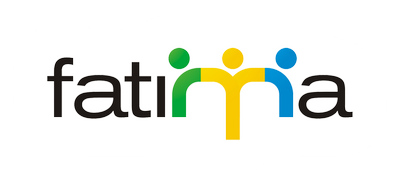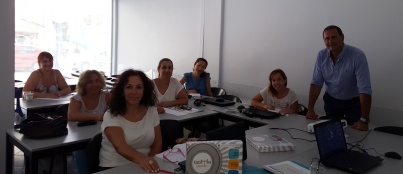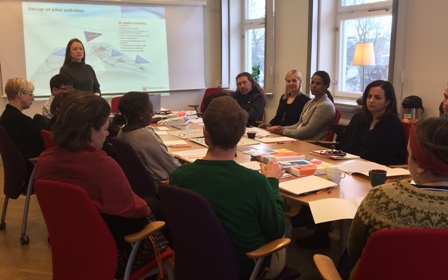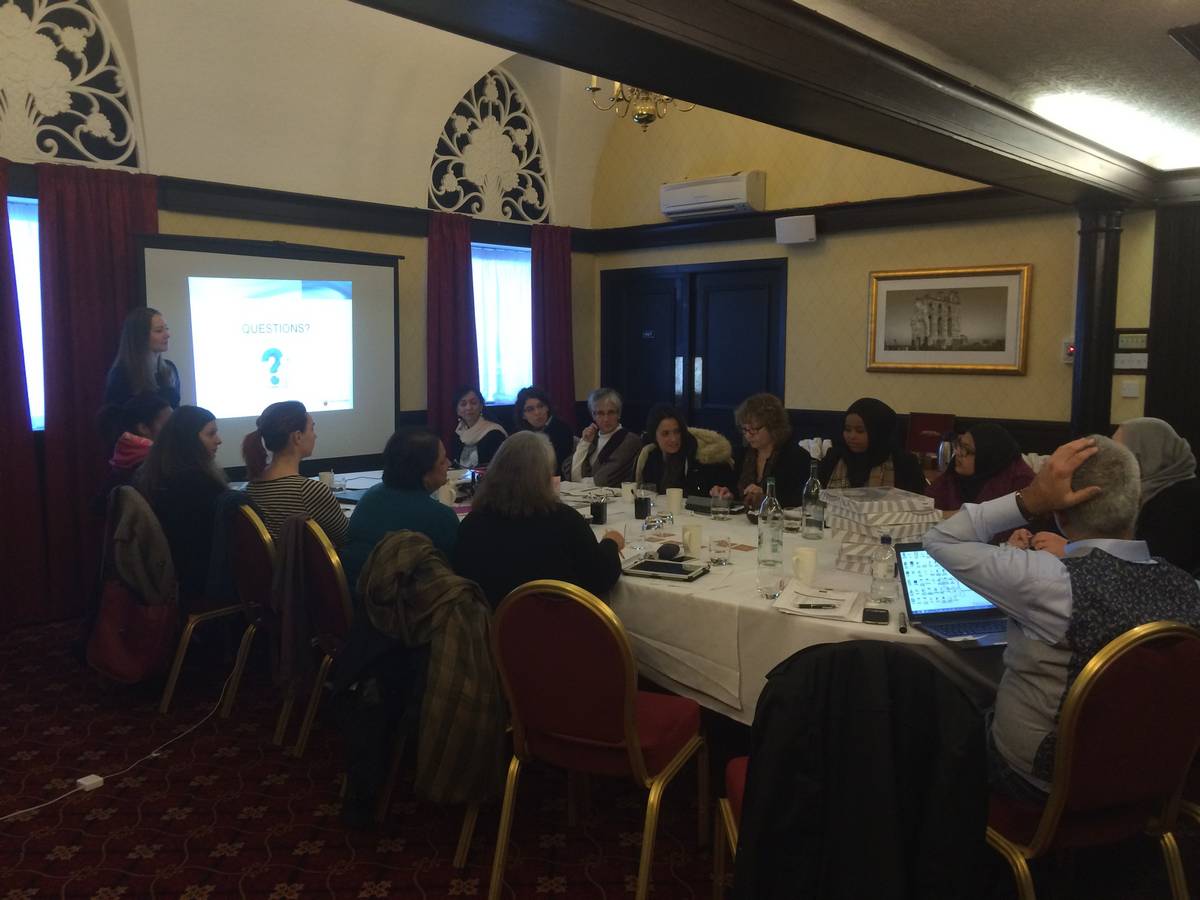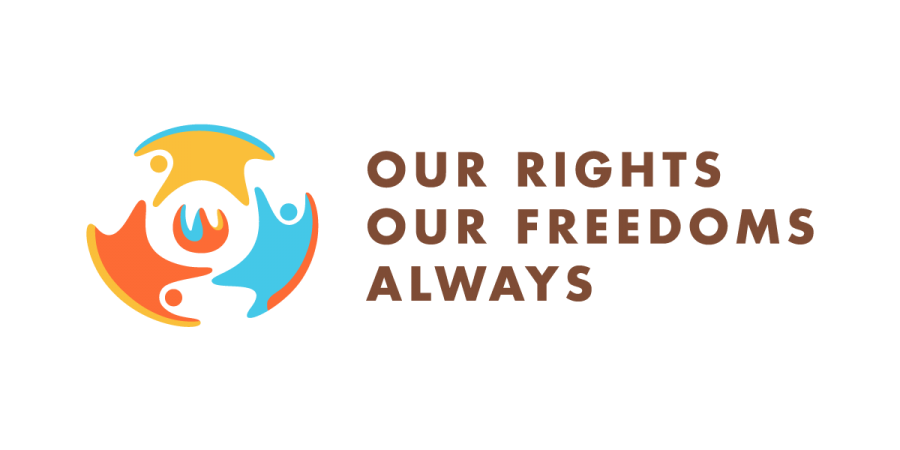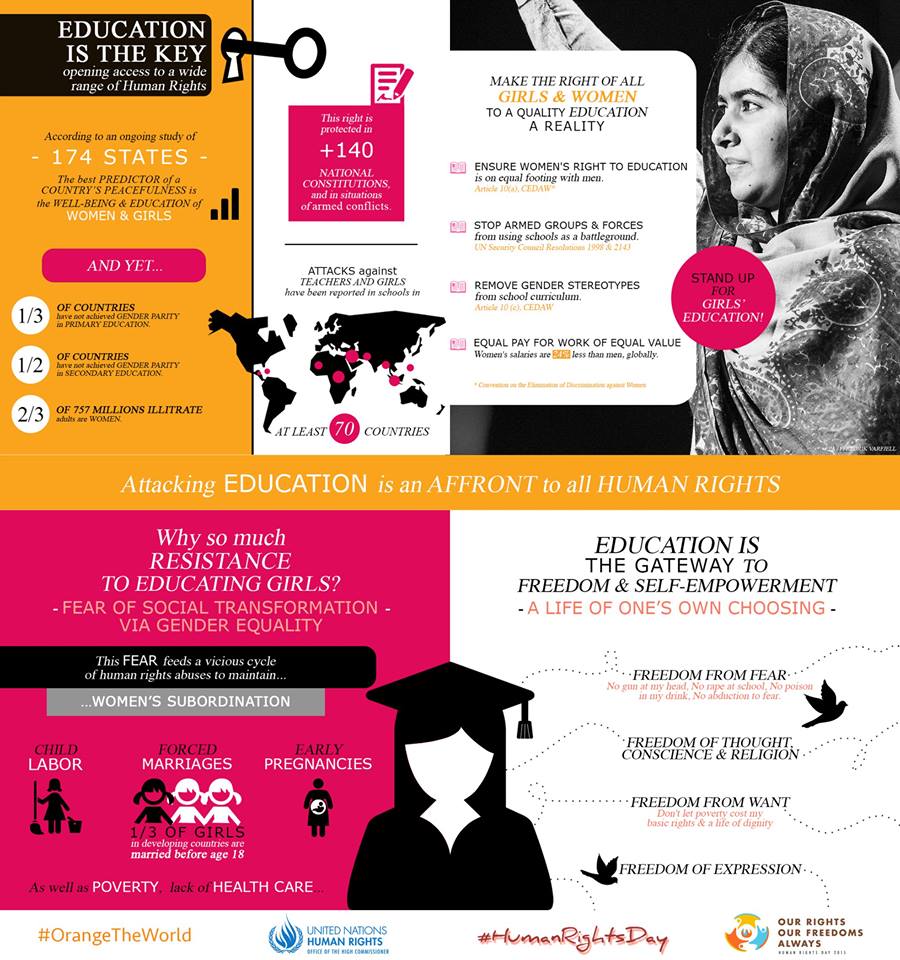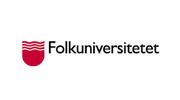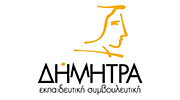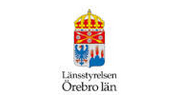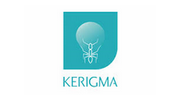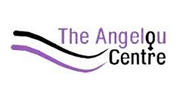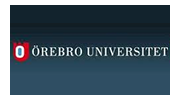Why This International Day?
• Violence against women is a human rights violation
• Violence against women is a consequence of discrimination against women, in law and also in practice, and of persisting inequalities between men and women
• Violence against women impacts on, and impedes, progress in many areas, including poverty eradication, combating HIV/AIDS, and peace and security
• Violence against women and girls is not inevitable. Prevention is possible and essential
• Violence against women continues to be a global pandemic.
From 25 November, the International Day for the Elimination of Violence against Women, to 10 December, Human Rights Day, the 16 Days of Activism against Gender-Based Violence Campaign is a time to galvanize action to end violence against women and girls around the world.
This year, the United Nations Secretary-General’s Campaign UNiTE to End Violence against Women invites you to “Orange the world: End violence against women and girls.” Join the UNiTE campaign and organize “Orange Events” between 25 November and 10 December 2015. Join us! Share your photos, messages and videos showing how you orange your world at facebook.com/The-Fatima-network using #orangetheworld.
